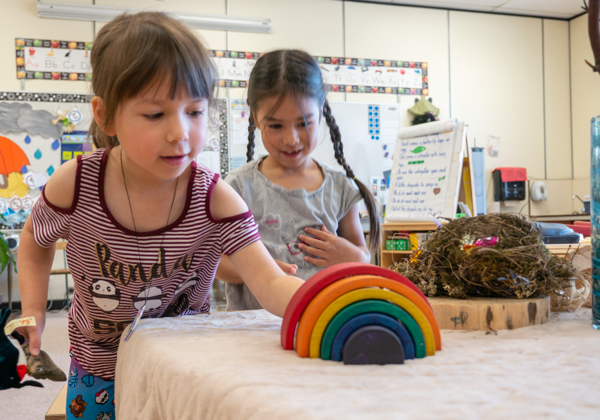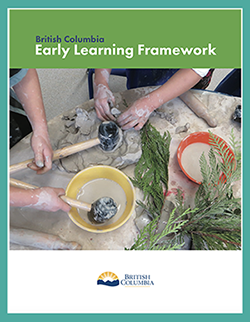
Module 6: Living Inquiries – Identities, Social Responsibility, and Diversity
Democratic Practices
Educators create a culture in which different opinions and views of both adults and children are accepted, welcomed, and valued.
Critically Reflective Questions
- What opportunities do children have to express opinions and values?
- What opportunities do children have to listen to the opinions and values of others?
- Democracy means making space for many opinions and views, not necessarily agreeing. How can I create a culture in which different opinions and views for both adults and children are accepted, welcomed, and valued?
- Can children participate in the making of rules, rituals, and procedures in their everyday world? How could this be done in ways that resist being tokenistic?
- In what ways are democratic practices incorporated into daily living in my program?
Case Study: Democratic practices
I try to demonstrate each day what it means to live in a democratic community. In the classroom, we vote on the things that matter to the children: Where will we play this morning? Where will we eat lunch? Indoor or outdoor rest time? The children know the basics: Everyone has a right to vote, if you want your voice to be heard, then you must participate, and we do what the majority votes for. I love our little meetings. Some days, it can take time to get to a decision, but I don’t mind. This is our group time. This is where the children are learning negotiation and communication, regulating strong emotions like disappointment, and expressing excitement gracefully.
Reflective Questions
In your practice, how might you support a culture of democratic practices?
What opportunities do children have to express opinions and values?

